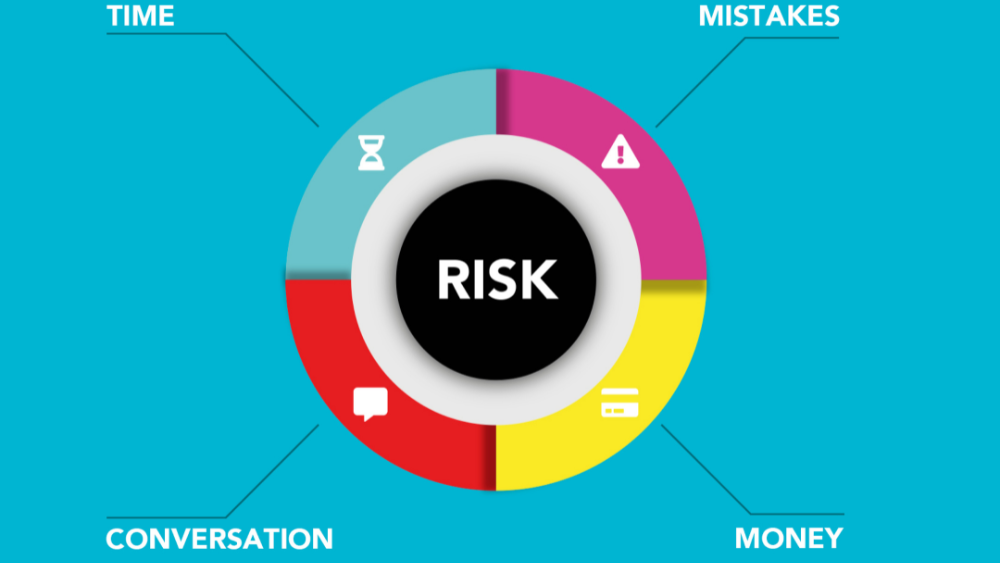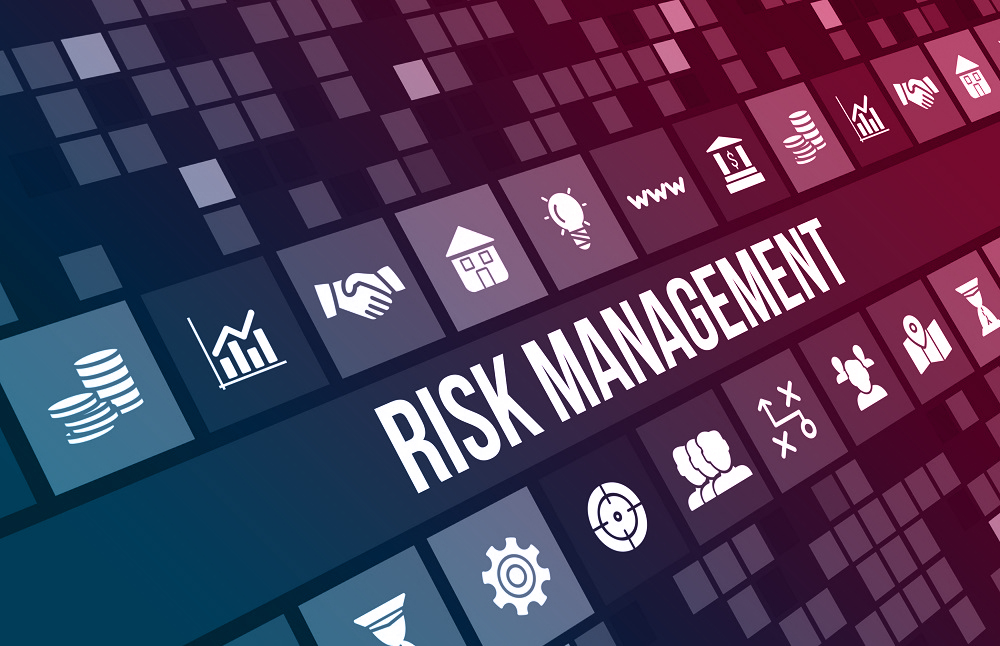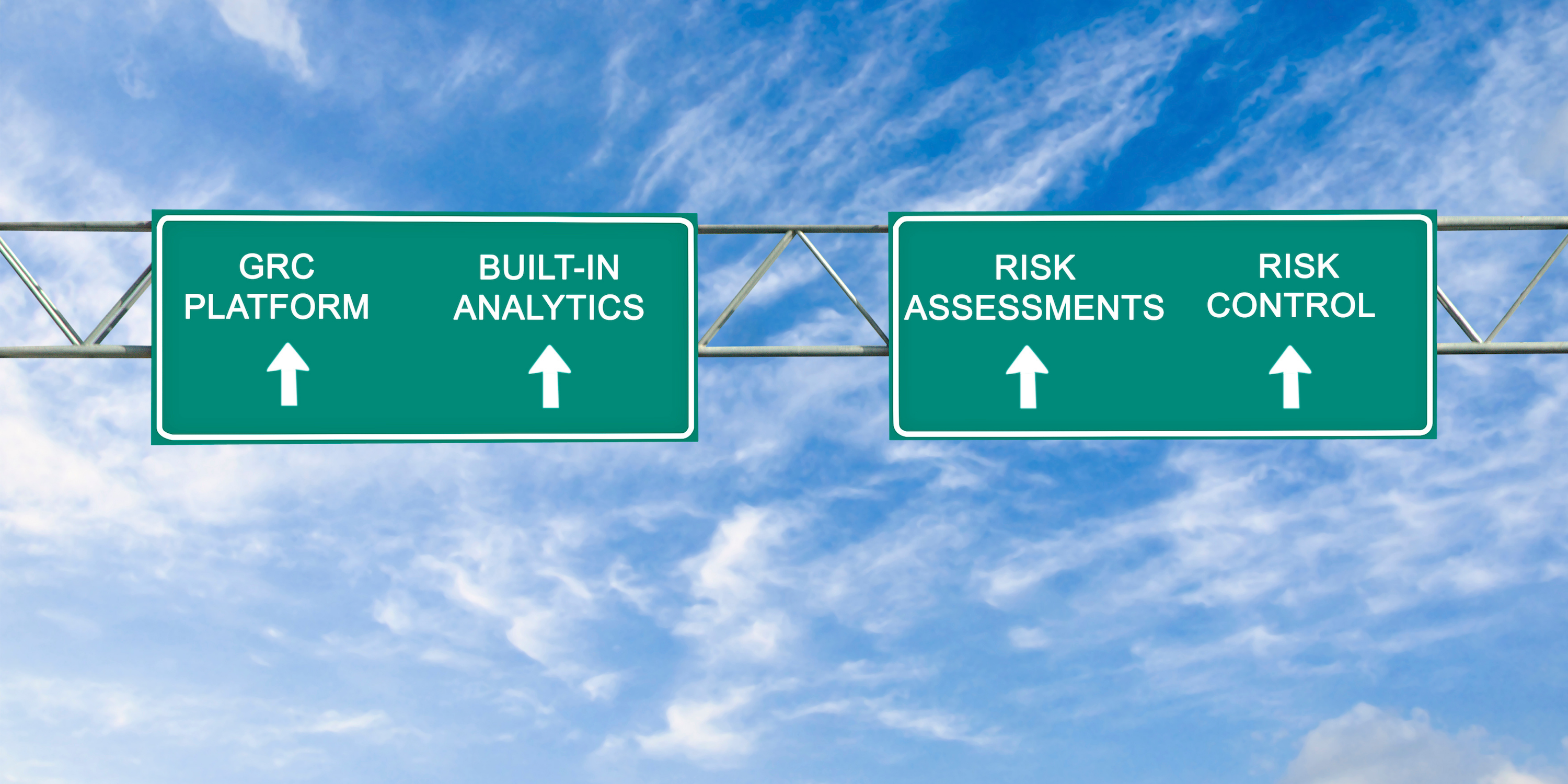The pandemic and several high-profile cybersecurity incidents last year have helped make risk management and compliance a top priority for businesses.
Today, organisations are facing a multitude of uncertainty and potential risks that are seemingly everywhere. Ongoing rapid technological advances are increasing the potential for large scale data breaches. Thankfully, a flexible and dynamic risk management approach can do much to mitigate this heightened and ever-evolving level of risk.
In today’s post-pandemic world, a strong risk culture within your organisation is more important than ever. But risk profiles have changed significantly since COVID-19 hit. So, how do we define risk culture today, and why does it matter?
3 Pillars Every Organisation Should Have for Effective Enterprise Risk Management
As we continue to navigate through challenging times, enterprise risk management is more relevant, and more important, than ever.
On a global scale, risks are changing rapidly with technology and development. Issues that organisations face today haven't been ones that have been experienced in the past - think AI, blockchain, cybersecurity, not too much that pandemic COVID-19. Keeping in mind the exponential rate of change, managing risks systematically and proactively to overcome challenges that arise has become imperative to building trust and resilience across your organisation.
Subscribe
Categories
- Risk Management (23)
- Enterprise Risk Management (18)
- Health & Safety (15)
- Business Continuity (14)
- Riskware (8)
- Media Release (7)
- Compliance (5)
- Environmental Risk (3)
- Incident Management (3)
- Events (2)
- Artificial Intelligence (1)
- Case Studies (1)
- Corporate Governance (1)
- Government (1)
- News (1)
- Social Movement (1)





Leave a comment